KEYNOTE SPEAKERS
Asia
Assoc. Prof. Qiaoling Huang
Xiamen University, China

Assoc. Prof. Qiaoling Huang
Xiamen University, China
Qiaoling Huang is an associate professor in the major of Soft Material and Functional Material Department of Physics, Xiamen University. Her research areas include biomaterials surface science, biophysics, machine learning, cell adhesion, and protein adsorption.
Qiaoling Huang is an associate professor in the major of Soft Material and Functional Material Department of Physics, Xiamen University. Her research areas include biomaterials surface science, biophysics, machine learning, cell adhesion, and protein adsorption. She will discuss “From Labs to Landfills: A Deep Dive into Biomaterial Research and Higher Education’s Contribution to Environmental Responsibility”. Biomaterials often have lower environmental footprints compared to traditional materials. Many biomaterials are biodegradable, reducing the burden on landfills and decreasing the overall environmental impact associated with waste disposal. Biomaterials are often derived from renewable resources such as plants, bacteria, or fungi. Utilizing these resources helps in reducing dependency on finite and non-renewable resources, contributing to long-term environmental sustainability. Biomaterials have the potential to be part of closed-loop systems, where the end-of-life products can be recycled or composted. This reduces the amount of waste generated and promotes a circular economy, aligning with principles of sustainability.
Wikan Sakarinto, Ph.D
General Director of Vocational Education, Ministry of Education, Culture, Research and Technology, Indonesia (2020 – 2022); Director of Gistrav Polytechnic , Indonesia

Wikan Sakarinto, Ph.D
General Director of Vocational Education, Ministry of Education, Culture, Research and Technology, Indonesia (2020 – 2022); Director of Gistrav Polytechnic , Indonesia
He is an expert in Vocational Education and Mechanical Engineering
Wikan Sakarinto, Ph.D served as Director General of Vocational Education, Ministry of Education and Culture of the Republic of Indonesia until 2022. He also served as Dean of the Vocational School, Gadjah Mada University for the 2016-2020 period. Currently, he is the director of Gistrav Polytechnic, Indonesia. He will discuss “Revolutionizing Vocational Education: A Strategic Pathway to Achieve a Sustainable Future”. Vocational education should foster innovation and support industry needs by producing a skilled workforce. The goal aligns with SDG 9 focuses on building resilient infrastructure, promoting inclusive and sustainable industrialization, and fostering innovation, all of which are facilitated by a well-trained workforce with vocational skills. Moreover, in a rapidly evolving job market, vocational education ensures that individuals are equipped with adaptable and practical skills. This adaptability is essential for addressing the challenges posed by technological advancements, globalization, and other dynamic factors impacting the workforce.
Europe
Prof. Thomas Köhler
Technische Universität Dresden, Germany
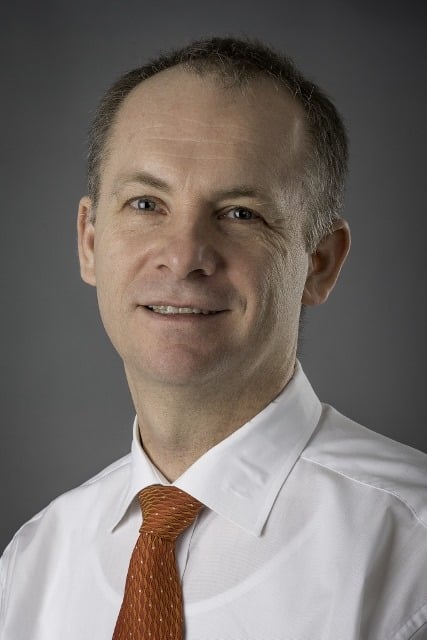
Prof. Thomas Köhler
Technische Universität Dresden, Germany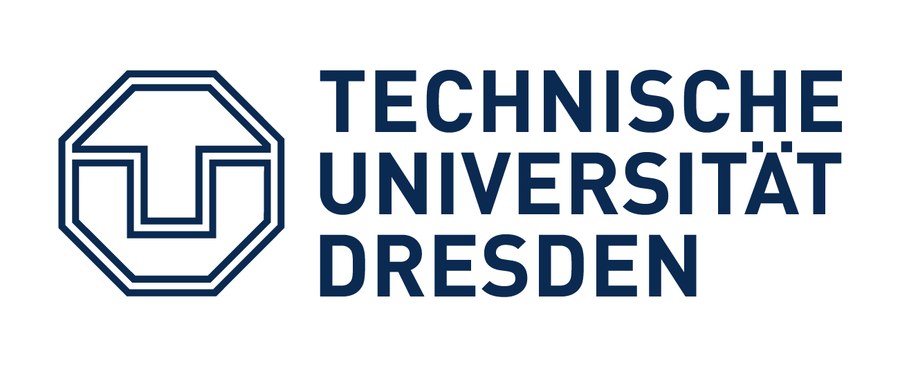
He was Chair Educational Technology (TU Dresden Vocational Education Institute 2005), studied Physics, Psychology, Sociology @ FSU Jena & Swarthmore College, Ph.D. Communications Psychology (FSU Jena 1999), Facultas Docendi Learning-Teaching Research & Multimedia Learning (Uni Potsdam 2006) -- Director CODIP Center for Open Digital Innovation and Participation, Chairman GMW Society of Media in Science, Board LFV-OS Leibniz Research Alliance Open Science -- www.tu-dresden.de/codip
Prof. Dr. Thomas Köhler is a Professor and Director of the Center for Open Digital Innovation and Participation (CODIP) at Technische Universität Dresden, Germany. He will discuss “Harnessing Educational Technology for Sustainable Development Goals (SDGs) in TVET”. Technological innovation in education has the capacity to significantly impact Technical and Vocational Education and Training (TVET) in order to achieve Sustainable Development Goals (SDGs). Teachers may improve learning outcomes, encourage creativity, and provide people with the tools they need to make meaningful contributions to sustainable development initiatives by incorporating technology into TVET programmes. The use of novel tools and platforms provided by educational technology, like virtual reality simulations and online learning platforms, can help TVET execute the SDGs. Additionally, it promotes inclusivity and accessibility, enabling people from various backgrounds to take part in training and educational initiatives that support the SDGs. Furthermore, data gathering and analytics to assess the effect of TVET programmes on SDGs are made possible by educational technology.
America
Prof. Peter Furth
Northeastern University, USA
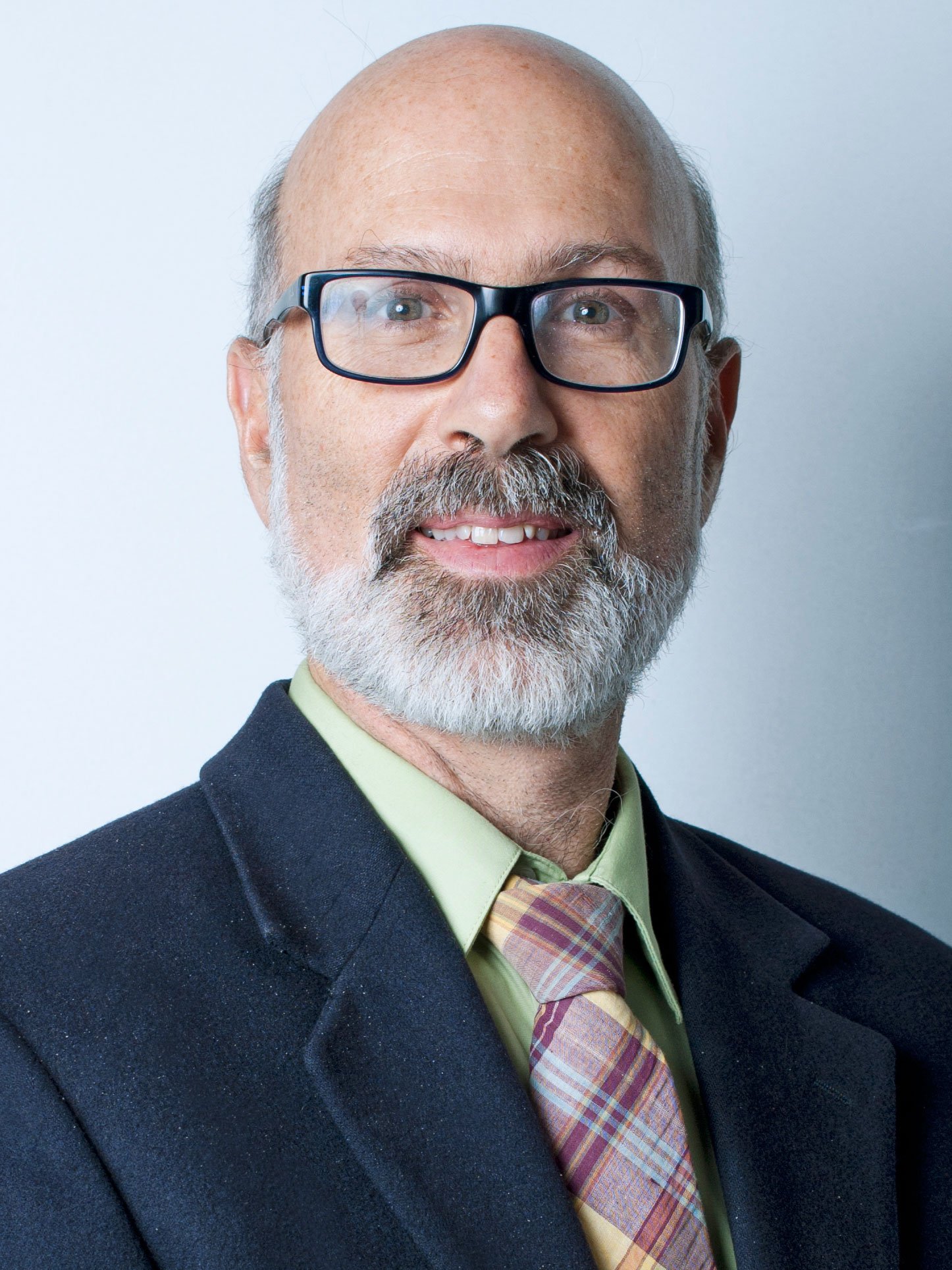
Prof. Peter Furth
Northeastern University, USA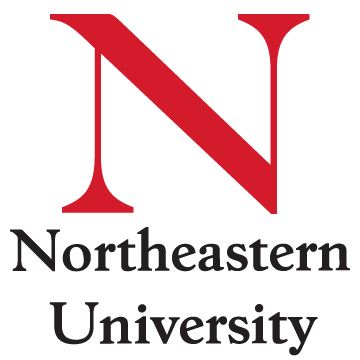
Peter Furth is a leading research on bicycle network analysis, having invented the “Level of Traffic Stress” criteria and methods for evaluating low-stress bike accessibility. He continues to develop new frontiers in bike network analysis. He is also a leading thinker in traffic signal control, developing new techniques and algorithms for transit priority, for better serving pedestrians and bicycles, and for improving safety. He pioneered the concept of “speeding opportunities,” showing how traditional signal timing methods create many opportunities and incentives for drivers to speed on urban and suburban arterial roads, and showing how a different signal timing approach can drastically lower speeding opportunities while still providing good service.
Dr. Peter Furth is a Professor of Civil Engineering at Northeastern University. He is a leading researcher on bicycle network analysis, having invented the “Level of Traffic Stress” criteria and methods for evaluating low-stress bike accessibility. He continues to develop new frontiers in bike network analysis. He will discuss “Sustainable Mobility: Bike Lane Network Planning using Geographic Information System (GIS) Technology”. A well-designed bike lane network encourages the use of sustainable transportation, reducing reliance on fossil fuels and aligning with SDG 7’s goal of ensuring access to affordable, reliable, sustainable, and modern energy for all. Thoughtful bike lane planning with GIS considers equitable access to transportation, reducing inequalities by providing an affordable and environmentally friendly mode of commuting for all segments of the population. GIS technology is widely used in environmental science and sustainability planning. By incorporating GIS into vocational education, students gain awareness of environmental issues and learn how to apply technology to address challenges related to climate change, resource management, and conservation.
INVITED SPEAKERS
Mochammad Nur Arifin, M.M.
Regent of Trenggalek, Indonesia
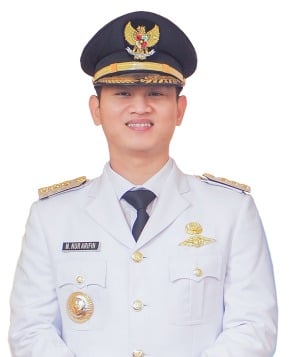
Mochammad Nur Arifin, M.M.
Regent of Trenggalek, Indonesia
Mochammad is the regent of Trenggalek for the 2019-2026 period. He received the Fortune 40 under 40 award, namely being named one of the most influential young people under 40 years in Indonesia according to Fortune Indonesia. During his time as regent, he paid massive attention to sustainability issues. Some of these breakthroughs include: Adipura Desa (award for clean villages), smart mobility, eco tourism, and GERTAK (movement to eradicate poverty).
Mochammad is the regent of Trenggalek for the 2019-2026 period. During his time as regent, he paid massive attention to sustainability issues. Some of these breakthroughs include: Adipura Desa (award for clean villages), smart mobility, eco tourism, and GERTAK (movement to eradicate poverty). He will discuss “Towards Trenggalek Carbon Neutral City”. A carbon-neutral city is crucial for mitigating climate change by minimizing greenhouse gas emissions in various sectors of governance. It helps combat air pollution, fosters sustainable urban development, and ensures a healthier environment for current and future generations. In 2030, Trenggalek has the ambition to achieve Trenggalek Sustainable City and Communities status. At that time, Trenggalek will hopefully have implemented eco-friendly practices, resource efficiency, green spaces, public transportation, and inclusive urban planning to create a resilient and livable community.
Dr. Dewi Vliexs
South East Energy Agency, Ireland
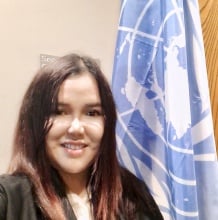
Dr. Dewi Vliexs
South East Energy Agency, Ireland
Dr.Dewi is a registered expert in energy, GHG emissions and transport at the European Climate Infrastructure and Environment Agency. With robust track record, she has led impactful projects with key stakeholders like the European Commission, World Bank, ADB and JICA. Her work spans energy transition, GHG emission reduction, renewable energy, climate action, community-led initiaves, green mobility and transport solution. In this conference, she will discuss on ”Meeting the EU Greenhouse Gas Emission Reduction Targets: the Role of Renewable Energy”
Dewi is a renewable energy, Climate Action and Mitigation, EU energy, GHG emission, and transport expert. She has conducted research in Asia as well as Europe. The experiences are what led her to where she is now. Dewi has been a leading analyst in a wide range of researches and consultancy projects for clients like the World Bank the European Commission, Asian Development Bank (ADB), and X Japan International Cooperation Agency (ICA). In this conference Dewi will discuss about “Accelerating Sustainability: Uniting Renewable Energy, Climate Action, and Innovative Transportation in the EU”.
